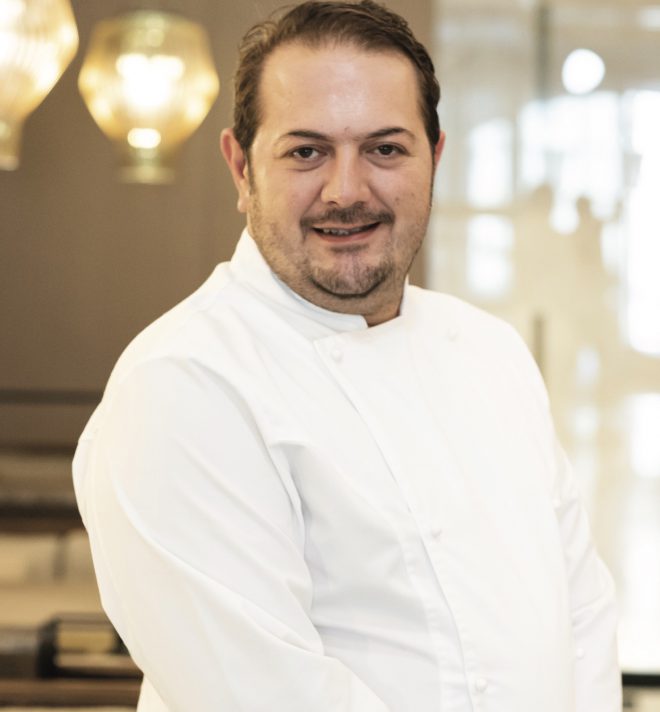1.3 billion tons of food is wasted every year while more than 820 million people around the world struggle with starvation. We had a conversation with the Chef at the Radisson Collection Hotel Bodrum, Hasan Basri Doğan about what to do to prevent food waste.
The COVID-19 pandemic, which has affected the world for the last two years, has also changed our eating habits. It is obvious that we have been going through difficult times, how this global epidemic has changed the food and beverage industry, has impacted the balance sheet enormously. No matter how much the industry has recovered, nothing is the same anymore, although we have tried to return to how things were in the past, I guess this will not be possible until the pandemic ends completely.
Of course, when it comes to health, it has prompted us to think about the issues of starvation and food waste. We have long been the victims of convenience food and we create waste all the time. We buy or cook more than we eat and thoughtlessly waste food, we unconsciously have a consumption model where fast-food restaurants and take-away services are popular.
STRIKING FACTS
I would like to briefly explain the severity of this situation with numbers. According to the data of the Food and Agriculture Organization of the United Nations:
- More than 820 million people are hungry globally.
- 1,300,000,000 tons of food is wasted every year.
- Food, which is enough to feed the starving, four times this is wasted.
- About 14 percent of the food produced is lost before it even reaches the point of sale.
- 200,000 kg of food is wasted while you are reading this sentence.
- Food loss causes greenhouse gases equivalent to 1.5 billion tons of carbon dioxide emissions.
- 75 billion cubic meters is wasted annually due to losses in grain and pulses; 74 billion cubic meters of water is wasted due to losses in vegetables and fruits.
- Every year, 715 million hectares of land are used to produce meat and animal products that are wasted.
- 38 percent of the total energy consumption in the global food system is spent on producing lost or wasted food.
- The monetary value of food losses is more than $400 billion.
We should take action immediately as we all have this burden. I see that many people think that the steps they take will not change the result, thinking “What difference does it make?”. However, it is obvious that the social decisions we make do affect nature and the environment. Even a small step can change the ecological structure, because when we come together, our impact is much greater.
We should value even a tiny bread crumb, and the tomato that grows through hard work. We should respect the effort made at every stage of food production from soil to table, and we should do anything to avoid waste. We the chefs have rolled up our sleeves to maintain the ecological balance, because this is a vital issue. We contribute to the growth, renewal, and recycling of the product. We do the shopping from local producers, we choose the high-quality and sustainable products and include them in our menus. Chefs around the world have been striving for this awareness for years.
We support sustainable food and show our respect for food with different techniques for our most special presentations. I hope that when this global epidemic is over, we can cook the best meals in the best times without wasting any food.
I HAVE A MODERNIST PERSPECTIVE IN THE KITCHEN
Could you please introduce yourself? How did you start cooking?
I am from Kayseri and I studied at the culinary school in Nevşehir. I have been following the food and hotel industry closely for 17 years. I worked as a chef in local and international hotels, I am interested in literature and diwan poetry, as well as culinary trends. I have a modernist perspective in the kitchen, and I follow innovations and trends closely. My relatives had restaurants, I used to go in the summer and spend my vacations there. The moment I felt that these visits had gained a different dimension, I realized that I had to go to a culinary school. No matter whom I cook for, when I cook and see that it makes people happy, it makes me feel that I chose the right profession. In my opinion, the most important rule of a successful life is to do the job that makes you happy.

